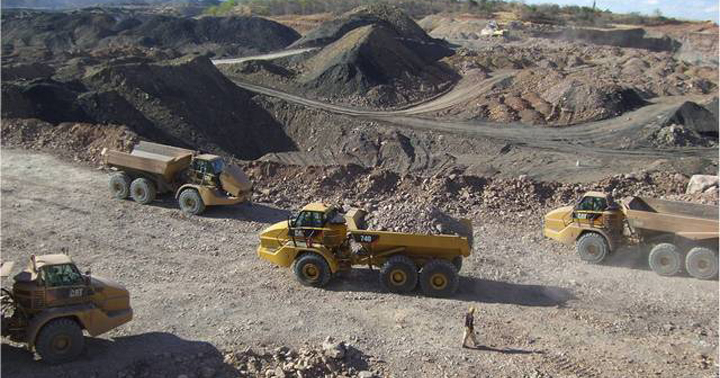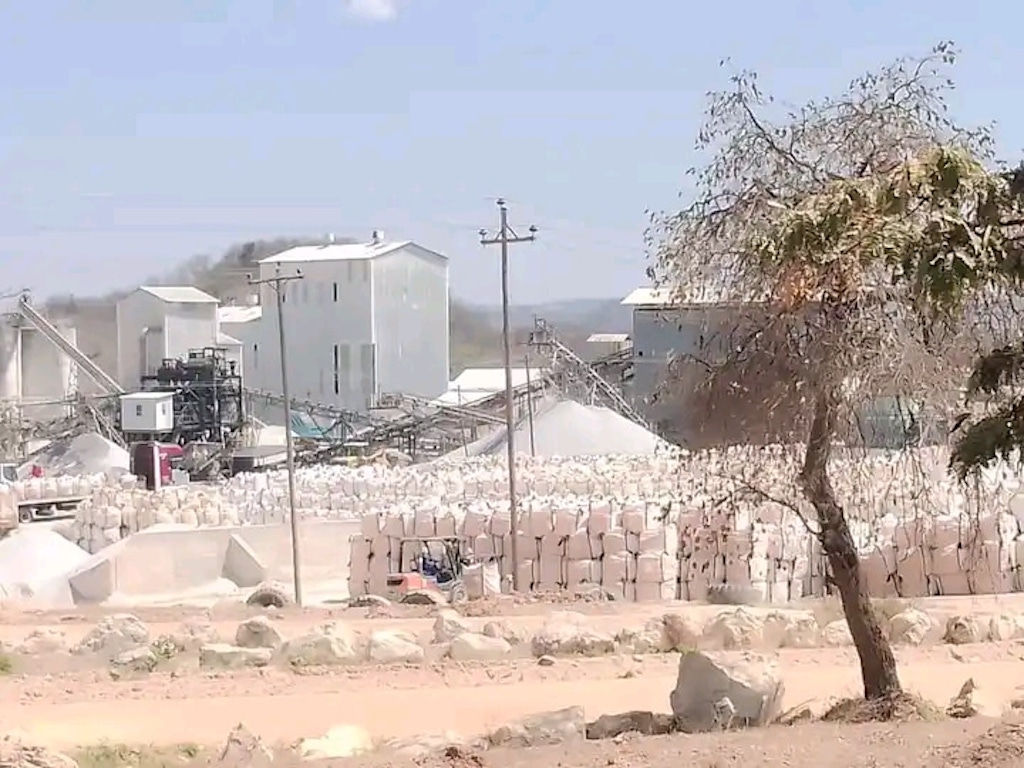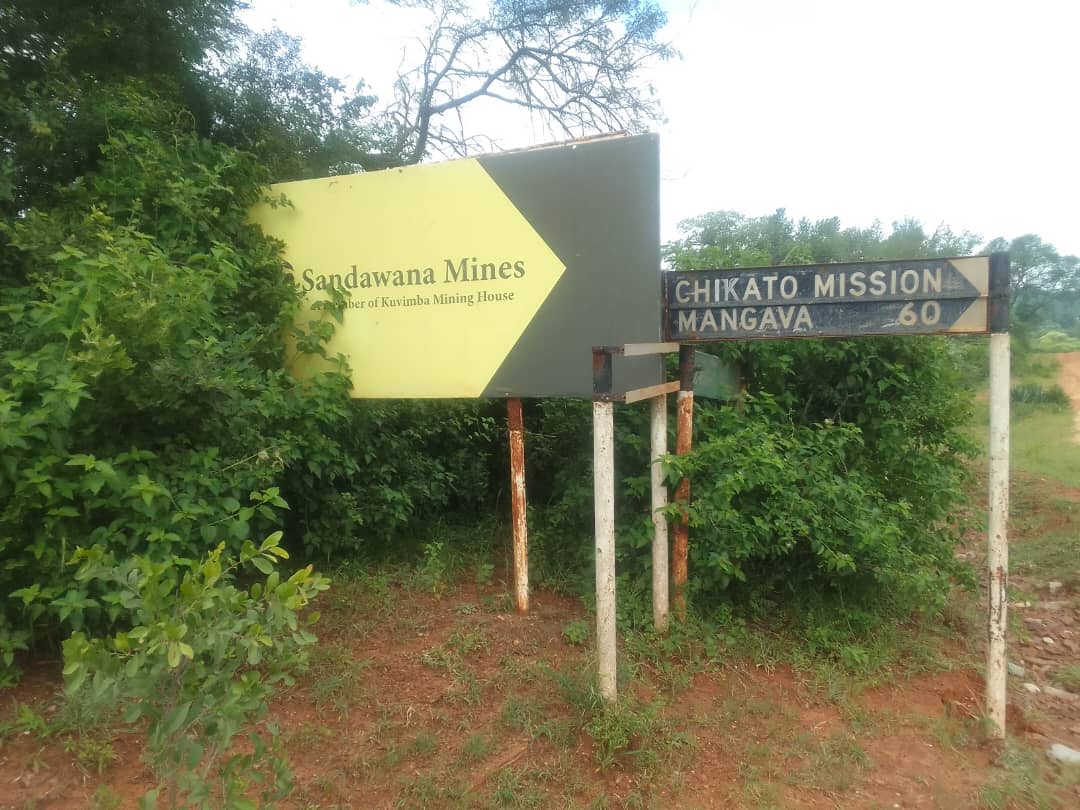EnviroPress Reporter
The government has announced a new mining royalties system requiring companies mining gold, diamonds, lithium, platinum group metals (PGMs) and any other precious stones or valuable metal specified by Reserve Bank of Zimbabwe (RBZ) to pay part of their royalties in refined metal rather than cash.
Under the Mines and Minerals Act, miners have to pay taxes called royalties on the output from their mining locations. Royalties are paid to the Zimbabwe Revenue Authority [ZIMRA], and the amounts of royalties and the way in which they are collected are laid down in the Finance Act.
President Emmerson Mnangagwa said the country was struggling to benefit from the demand for its resources.
The main minerals found in Zimbabwe include gold, platinum, chrome, coal, diamonds and lithium.
“Starting this October, the government now requires that part of these royalties come as actual refined mining products.
“For a start, we don’t want the policy to be frozen in time and the law will target four of our key minerals namely gold, diamonds, platinum and lithium,” said President Mnangagwa.
He said he had already tasked the ministries of Finance and Economic Development, and that of Mines and Mining Development with fine-tuning the policy in close consultation with the mining sector and mining concerns affected.
“The policy has to be fine-tuned with close consultations with the mining sector and I have already given the green light to my team to look into the matter.
“Even for those minerals that would have been processed outside the country, as long as they are on the list we would want royalties in form of the processed products,” said President Mnangagwa.
Many communities in Zimbabwe have been left impoverished despite having rich mineral deposits. If the new government policy were to be implemented to the letter and spirit, communities will be able to benefit through the new royalty system.
This project was made possible through a partnership with the Southern Africa Trust. The views expressed herein do not necessarily represent that of the Trust or its associates. www.southernafricatrust.org








